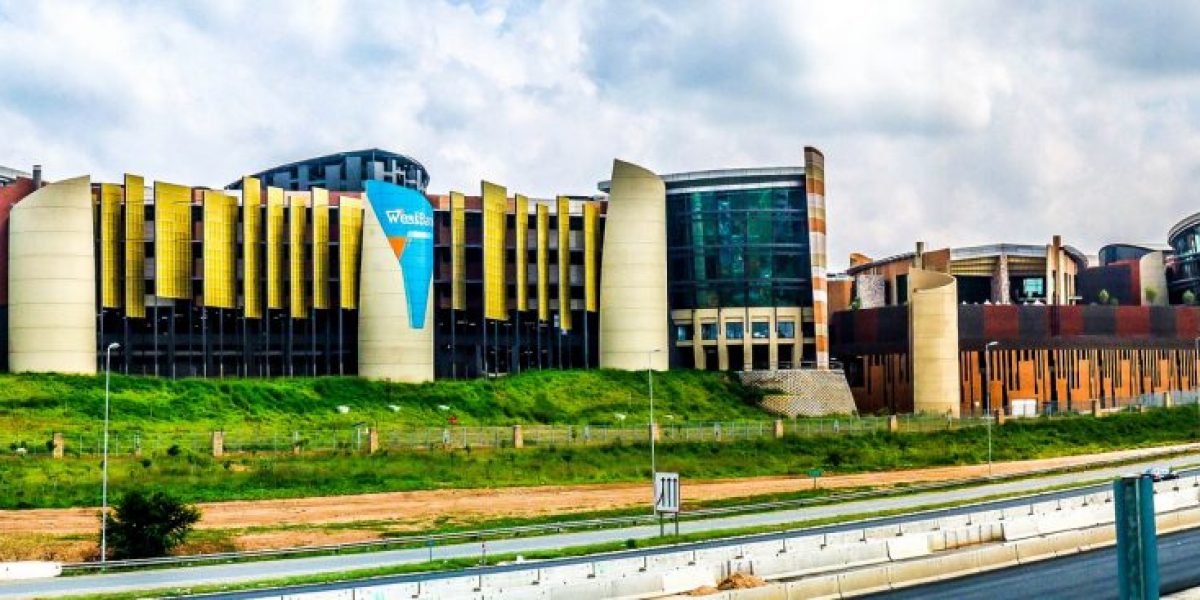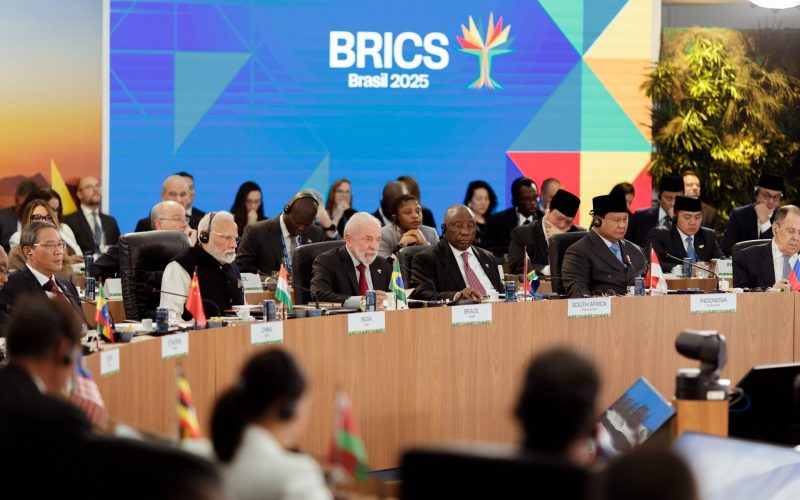These responses are mainly domestically driven and have spawned a profusion of special interest groups seeking special deals from the government, including that of South Africa. This has fuelled global concerns over protectionism.
The proposed South African response to the crisis (as articulated in the framework document for South Africa’s response to the international economic crisis), which was negotiated in government, labour and business negotiating chamber Nedlac, and in terms of which action plans are being detailed out, is understandable.
However, the document is ambitious and constitutes an unclear approach to “picking losers” who should benefit from proposed bailout measures. The framework document identifies sector strategies as the only urgent priority and proposes that significant state resources be made available to those sectors, along with accepted trade measures and appropriate incentives. It further speaks about the need for tax relief targeted at firms in distress.
Heavy reliance is placed on the Industrial Development Corporation and other development finance institutions to develop responses for favoured sectors. In this light the vehicle industry has reportedly approached the Department of Trade and Industry, requesting a support package of R10 billion. The contents of the document have not been revealed, but media reports suggest the aim would be to provide bridging finance to the sector.
Moral hazards may arise if the government intervened systematically as an equity holder to protect a few large firms. The firms, once bailed out, are likely to take less care in their decisions, which may render them less worthy of bailout. The risk of picking losers is heightened by the fact that the effect of the credit crunch differs among firms. A scheme to provide selective support may end up subsidising a small group of large companies that are relatively well placed to weather the downturn, at the expense of smaller firms with shallower pockets, and taxpayers.
We are sceptical about the capacity of the government to identify worthy recipients and ensure taxpayer money is not wasted. A more likely outcome is that the most powerful and best organised will capture the lion’s share of any funds available. Therefore, care must be taken in designing interventions so that any provision of public funds or guarantees is open to many firms across all sectors, to avoid competitive distortions. The terms under which such arrangements are proffered should be determined upfront and made available for public scrutiny.
The trade measures identified in the document are loosely specified. The backing given to increasing tariffs would reduce competitive pressures at a time when the unit is depreciating, thereby providing more protection. Furthermore, exports around the world are collapsing, reducing competitive market pressure. While tariff increases may not violate our World Trade Organisation (WTO) commitments if not raised beyond our WTO ceilings, they would run against the need for systemically significant economies in the Group of 20 leaders forum not to resort to protectionist measures.
Such increases would not position our economy well for the upturn. Those advocating protection for our economy forget that it is relatively small and open – we need to import in order to export. And South Africa cannot unilaterally raise import tariffs without the consent of our partners in the Southern African Customs Union.
The document refers to the need to use administrative measures to minimise imports, but does not specify what this means beyond mentioning Sars. The revenue service is concerned about transfer pricing and has considered using a reference price system to monitor import prices to identify underinvoicing. While the objective is understandable, the practice borders on import price management – of which the WTO legality is hazy. The way to address this problem is to lower tariffs, reducing the incentive to use such practices. This option is not on Nedlac’s constituencies agenda.
The document advocates strengthening preferential procurement. Many developing countries practice this, and South Africa is not a signatory to the relevant WTO agreement. The brouhaha about the “buy America” clause in the US stimulus package overlooked the fact that the US was within its WTO rights, although it was correct regarding the spirit animating the legislation.
Empowerment policies are widely understood. But preferential procurement shields firms from competitive pressures, so we favour a time limit on such measures. As a middle-income country with a narrow tax base and escalating social expenditures, we doubt the country could sustain an ambitious procurement policy for long.
The global meltdown requires “real” measures to counteract its effect. Monetary stimulus must be the first resort. Fiscal stimulus is required when the monetary toolkit is empty – clearly not the case in South Africa, which has a fiscal stimulus package in place. Any extra fiscal stimulus must be affordable, transparently applied and should not invite trough feeders. Across-the-board tax cuts, not special deals for favoured sectors, are the optimal fiscal response.
Unfortunately, South Africa’s first attempt at articulating a stimulus package does not offer real remedies, but does ring alarm bells about our trade policy. Our policy trajectory, to the extent this document constitutes policy, however politically justifiable, will reinforce the gathering global protectionist backlash.








